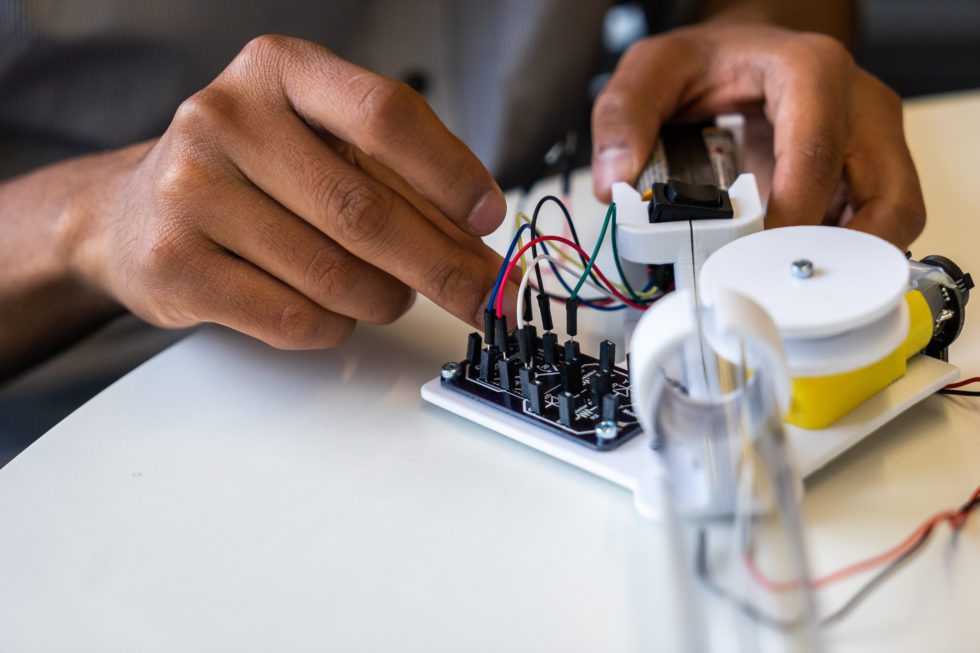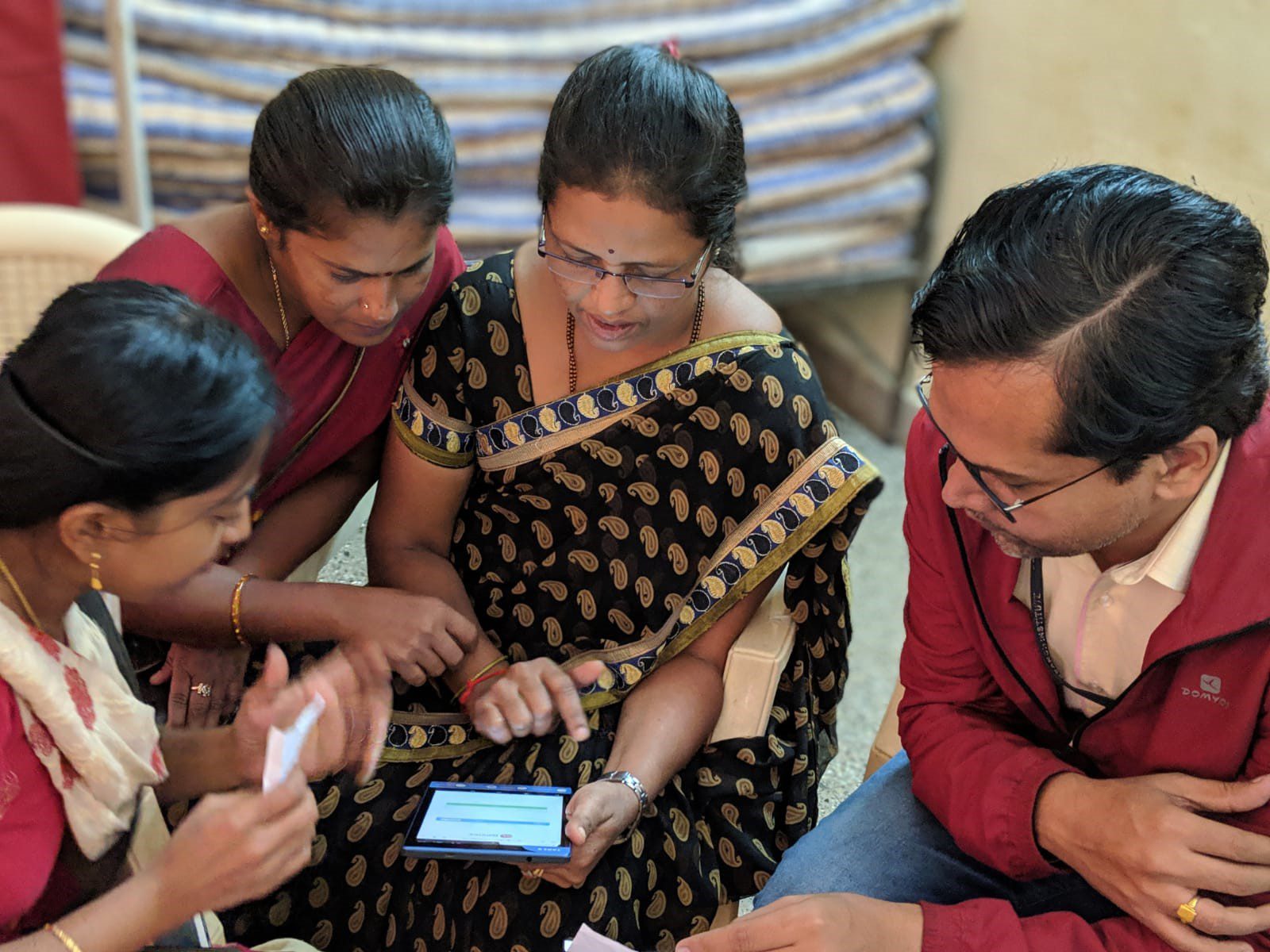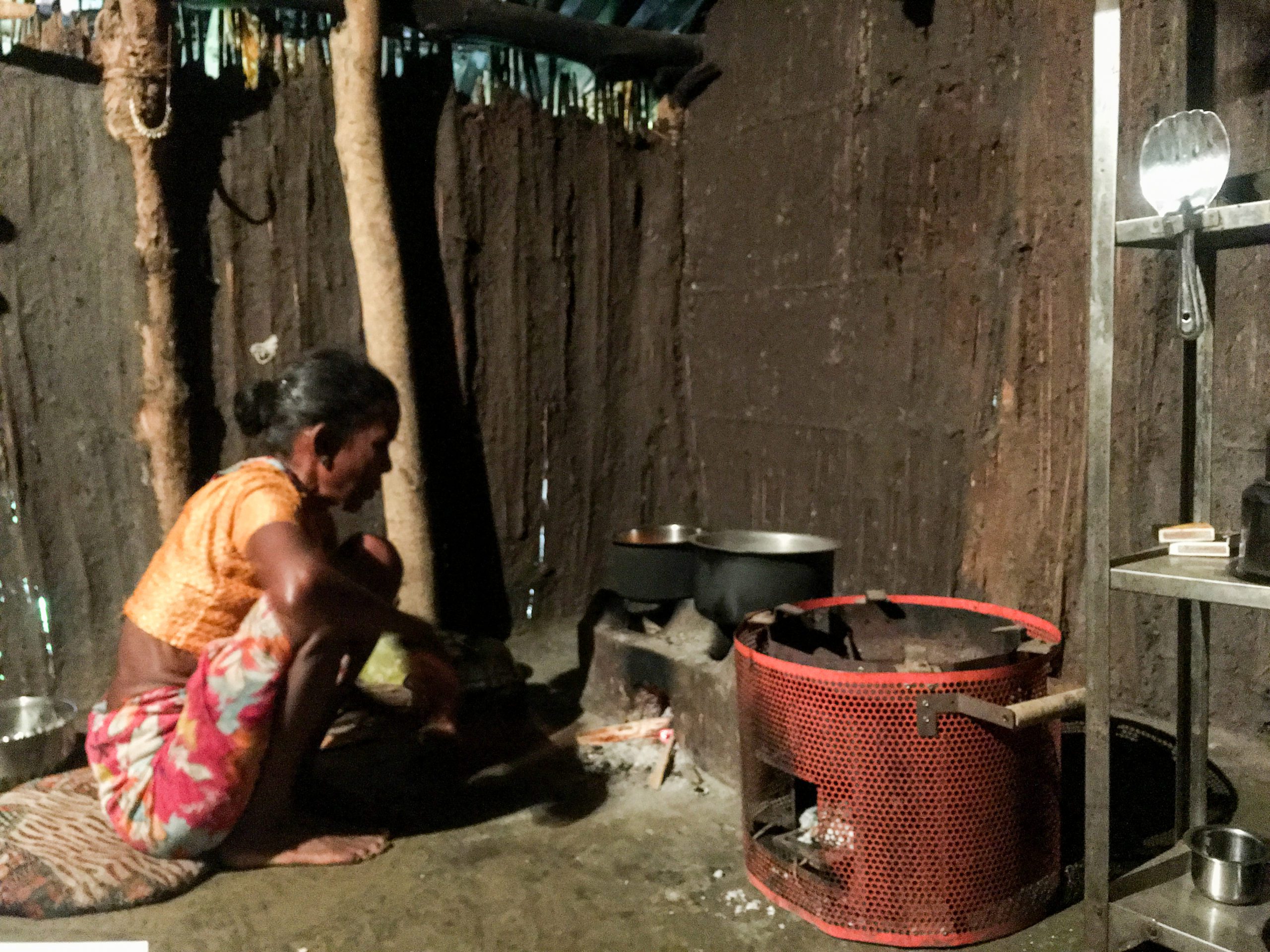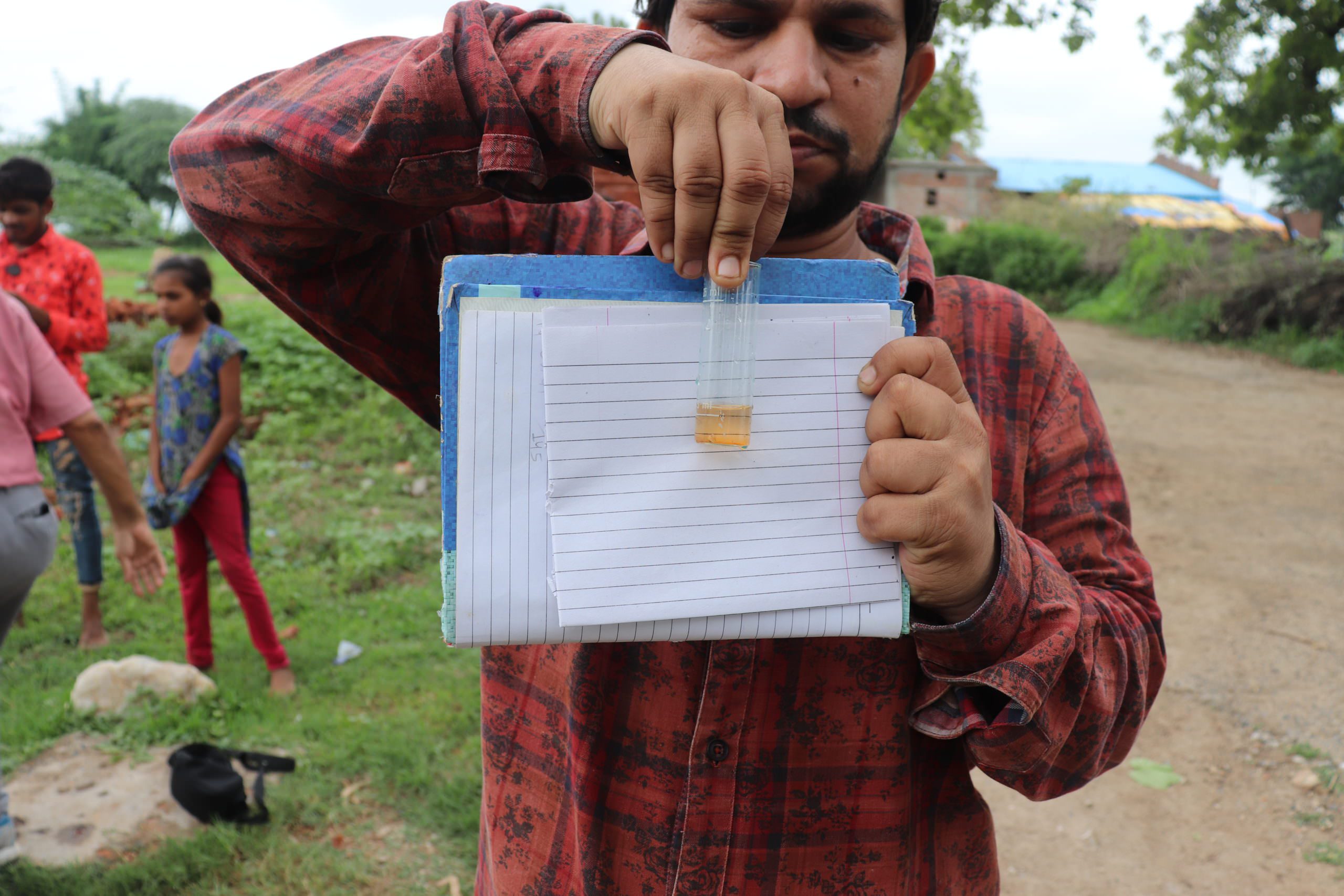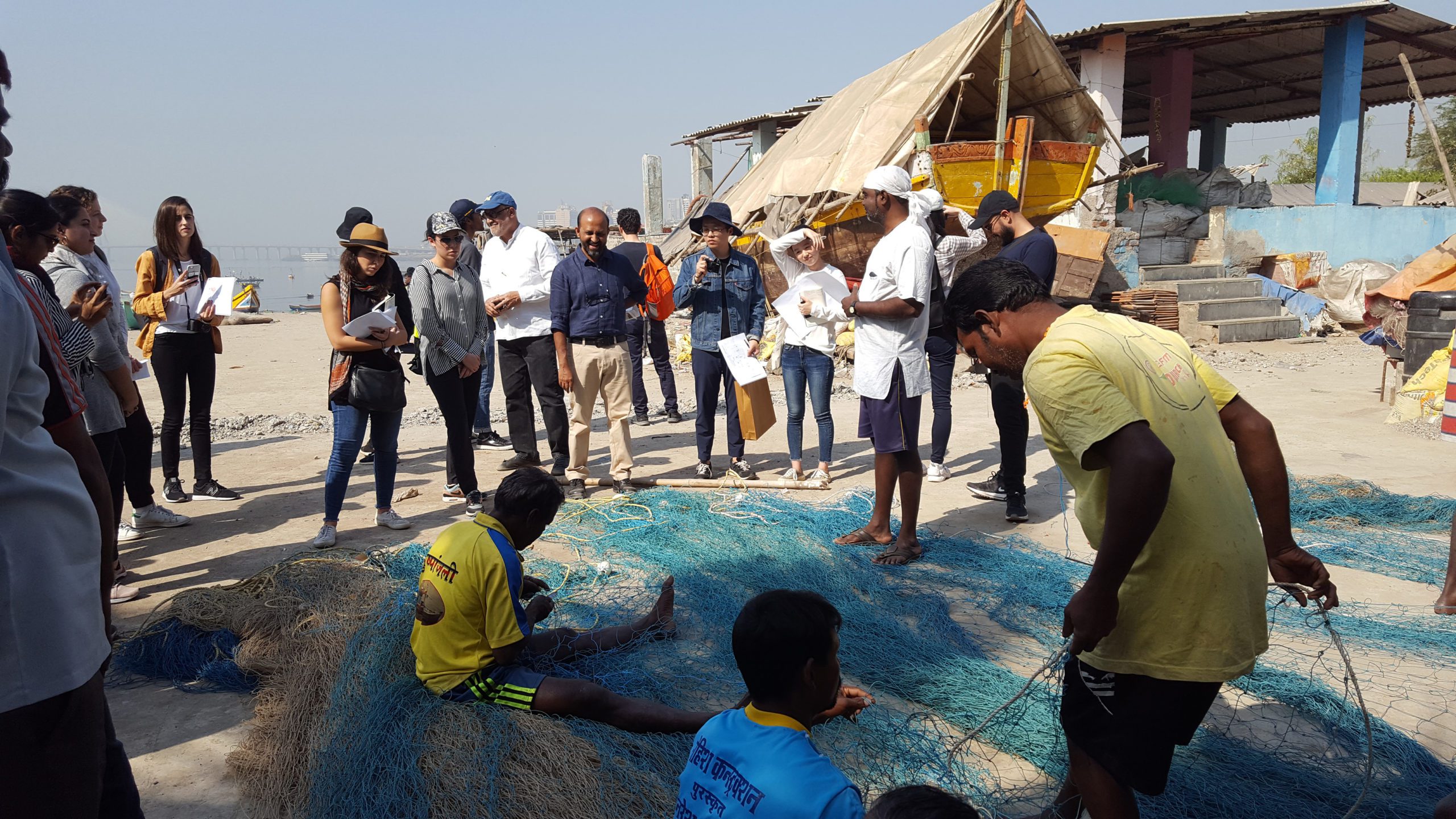Multidisciplinary Approach to Innovative Social Enterprises
About the Program
The multi-year program between the Mittal Institute and the Tata Trusts, one of the largest and oldest philanthropic foundations in India, supported the development of social entrepreneurship projects that positively impact social, economic, and environmental issues in India. The program provided a platform approach to connect Problem Identifiers, Experts, and Entrepreneurs, facilitating their collaboration on innovative social enterprises across sectors to address India’s most pressing challenges.
Through its key projects that translated research into practice and policy, the Institute worked toward creating and improving rural livelihoods, STEM education in Indian schools, technology infusions in healthcare, capacity building in art conservation, and urban sanitation infrastructure.
The Mittal Institute’s focus on facilitation of rural livelihoods, sustainability, and livability in India has been rooted in the following core objectives:
- Catalyze current efforts initiated by the government, civil society organizations, academia, and select corporations for the economic empowerment of Indian masses.
- Provide mentorships, trainings, and opportunities for collaborative hands-on designing of prototypes to build capacity of potential entrepreneurs across India in multiple sectors.
- Build on the existing knowledge and generate new research using scholarly materials, scientific data on best practices, and solutions for addressing systemic problems of India.
- Provide policy guidelines to governing bodies to initiate appropriate changes in the identified areas.
- Create a broad network of experts from India and the US, whose knowledge will complement each other and will serve as a resource for emerging social entrepreneurs supported by the Tata Trusts Incubators and Accelerators across India.
FACULTY / PRINCIPAL INVESTIGATORS
The idea behind this initiative was to create a cross-border research ecosystem where researchers from US universities and India’s larger innovation and entrepreneurial ecosystem could be brought together. And some of the most important areas like education, health, disability, water and sanitation, and climate could be addressed. The intent was to make sure that the research and innovation can be tested and piloted, validated on the ground and eventually we can find either enterprises, new entrepreneurs, startups, or existing companies who would want to take these innovations to market and communities.
This program was made possible through a multi-year partnership between the Mittal Institute and the Tata Trusts that was concluded in April 2021.
Projects
PROJECT PRAKASH
Since 2005, Project Prakash has worked at the very grassroots of India, connecting hundreds of villages to the most sophisticated eye treatment available and building awareness of treatable and preventable blindness. Project Prakash Charitable Trust (PPCT) provides sight treatment free-of-cost to children whose families cannot afford it or are unaware that the condition can be corrected.
SOFT ROBOTICS TOOLKIT
Developed at Harvard Biodesign Lab, the Soft Robotics Toolkit is an initiative to provide hands-on skills and practical knowledge about robotics for students and educators. Using physical kits that include raw materials and instructions, the project enables students to practice design thinking while creating their own soft robots. Focusing on active engagement as opposed to passive knowledge-sharing, these toolkits are designed to generate students’ interest in and confidence related to engineering.
TASK-SHIFTING, TECHNOLOGY, AND TRAINING (3T) IN HEALTHCARE
Through a vast network of public and private partners in India, Project 3T works on multiple nodes to develop local capacity to build and sustain health data exchange. Over the last few years, the project has provided the evidence base for policymakers to design their own framework in a way that respects the rights of individuals and uses the most advanced technology to implement these plans.
FUEL-EFFICIENT COOKSTOVES
Providing a clean and fuel-efficient alternative to the traditional Indian stoves that use fuelwood, this project worked toward adapting the “Cool Mesh Berkeley-India Stove (CMBIS)” to meet the user preferences of Indian rural households.
DEFLUORIDATION OF WATER
The project worked towards developing affordable technology to remove excess fluoride in drinking water for rural communities in India, where there is a dearth of access to even very basic resources, like proper nutrition, education, and clean drinking water.
DESIGNING A SANITATION HUB
This project reimagines sanitation infrastructure in under-serviced areas in India from being merely a system of community toilets to sanitation “hubs” with multi-functional infrastructural elements that cater to a wide range of community needs.
EMPOWER
Project Empower has been focused on developing a digital platform for training frontline community health workers to identify and treat common mental health disorders using psychological therapies in primary care rural settings in India.
MAPPING COLOR IN HISTORY
Mapping Color in History [MCH] is an international collaborative project seeking to develop a digital platform containing historical and scientific information on color that is based on material analysis of pigments in South Asian and Himalayan paintings.


